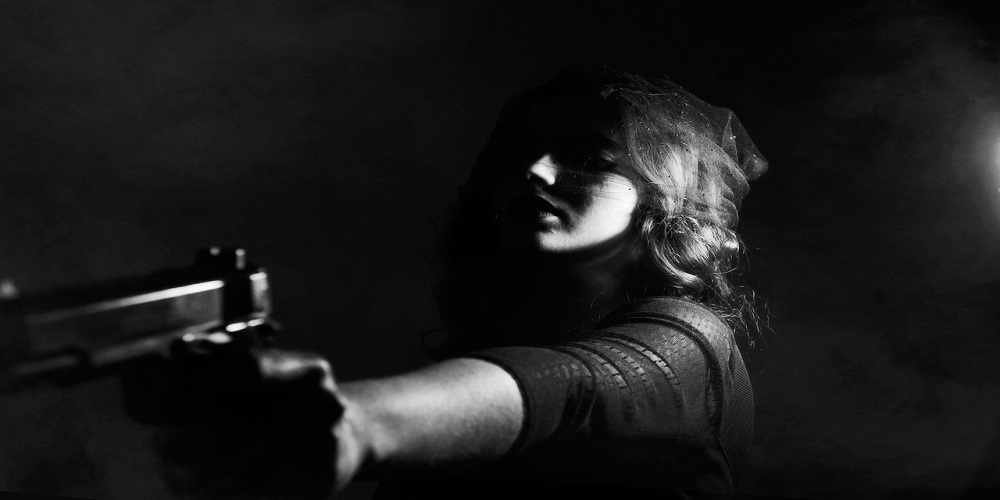If you have been charged with a weapon offence, it is important to know what you are up against. In this Ultimate Guide to Clearing Weapon Charges in Ontario, we will provide an overview of the law and what you can do to fight the charge. We will also discuss some potential defences that may be available to you.

Step 1: Understand the Different Types of Weapon Charges in Ontario
The first step is to understand the different types of weapon charges that you may be facing. There are three main categories of weapon offences in Ontario:
• Possession of a Dangerous Weapon: This offence covers a wide range of weapons, including firearms, knives, and clubs. Possession of a Dangerous Weapon is defined as having custody or control of a weapon for a dangerous purpose. The maximum penalty for this offence is imprisonment for five years.
• Carrying a Concealed Weapon: This offence covers weapons that are carried hidden on your person or in your vehicle. The maximum penalty for this offence is imprisonment for two years.
• Use of a Weapon: This offence covers using a weapon to threaten, injure, or kill someone. The maximum penalty for this offence is imprisonment for life.
It is important to determine which category your charge falls into, as this will dictate what defences may be available to you.
Step 2: Understand the Prosecution’s Burden of Proof
The next step is to understand the prosecution’s burden of proof. In order to convict you of a weapon offence, the Crown must prove that you are guilty beyond a reasonable doubt. This is a high standard of proof, and it means that the Crown must disprove any reasonable defences that you may have.
If the Crown cannot prove your guilt beyond a reasonable doubt, then you will be found not guilty.
Step 3: Construct Your Defence
Once you understand the law, you can begin to construct your defence. However, this step is easier to do with the help of Brampton criminal lawyers as they will have years of experience defending against these types of charges.
Some possible defences to weapon charges include:
• Self-defence
• Defence of property
• Possession for a lawful purpose
• Necessity
Each defence will have its own unique elements that must be met in order for it to be successful. An experienced criminal lawyer will be able to assess your individual case and determine which defence is right for you.
Step 4: Present Your Defence in Court
The final step is to present your defence in court. This can be a daunting task, but with the help of an experienced criminal lawyer, you will be able to confidently defend yourself against the charges.
When it comes to weapon charges, the stakes are high. If you are convicted of a weapon offence, you could face a lengthy prison sentence. However, by following the steps in this guide and working with a criminal lawyer, you can give yourself the best chance of success.
Final Thoughts
Ontarians charged with weapon offences need to know their rights and what they are up against. With the help of a criminal lawyer, you can increase your chances of success in court. If you have been charged with a weapon offence, contact your trusted defence attorney to find out how your charges can be defended against.



